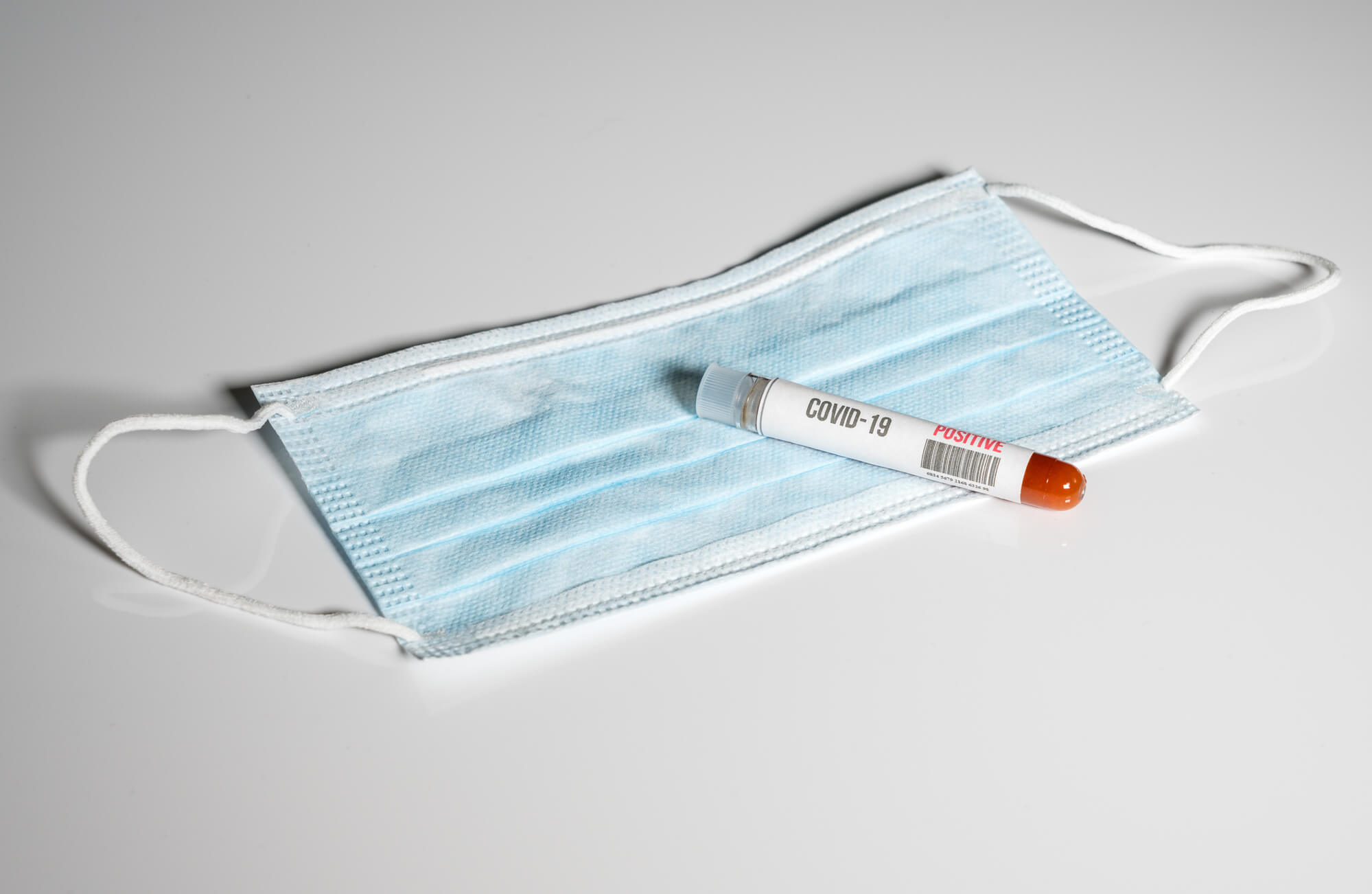A blood test that quantifies the concentration of the ACE2 protein, the cellular protein that allows the penetration of the corona viruses into the cells, as well as its segments, which are formed as a result of a reaction with the virus, could be a simple and effective method for monitoring the corona disease
[Translation by Dr. Moshe Nachmani]

In the study, conducted during the first wave of the epidemic, it was found that patients with the corona disease in the acute phase of the infection have significantly reduced plasma levels of the ACE2 protein, to which the corona virus binds in order to penetrate into the cells, compared to subjects who do not carry the virus. In addition, the plasma levels of the segment of the same protein with the lower molecular mass (70 kDa), obtained as a result of reaction with the virus, increase. These abnormal levels, of the whole protein and of its fragment, return to their normal state after the patient's recovery. This finding implies that measuring the concentration of each of these proteins in the plasma can be used as an effective biomarker for the development of the corona disease. In addition, the presence of the protein segment serves as a distinguishing marker between the corona disease and the influenza type A disease.
"As part of this study, we tested the plasma levels of the corona virus receptor, the ACE2 protein, and we were able to determine that there are different versions of this protein in the plasma, and that the part of the soluble protein is actually a segment of the original protein that was created following its reaction with the virus. The original and complete protein is also found in the plasma, a finding that provides information regarding the degree of damage to the various tissues during the infection," explains the lead researcher, Javier Sáez-Valero.
Despite the fact that the main research topic of the research group is Alzheimer's disease, the similarities between the cellular protein ACE2 and the core proteins responsible for the pathology of Alzheimer's disease, such as the beta-amyloid precursor protein (APP), as well as other proteins in the cell membrane, led the researchers to hypothesize that the presence of the cellular protein in the plasma may provide information regarding its reaction with the corona virus.
"Our approach regarding the current study was the possibility that the soluble protein segment could be used as a type of output indicating the emergence of the corona disease. This hypothesis originates from our experience with Alzheimer's disease, a neurodegenerative disease in which we tested the proteins found in the cerebrospinal fluid, such as the APP protein. This protein is also a membrane protein that is processed by the same molecular tool as the ACE2 protein, enzymes called secretases, whose job it is to cut different membrane proteins into shorter segments. This mechanism led us to hypothesize that the fragments of the ACE2 protein may be found in the plasma and actually serve as biomarkers for the corona disease," explains the lead researcher. The ACE2 protein segments in human plasma were detected by two analytical methods: precipitation with antibodies (immunoprecipitation) and protein absorption (western blotting), methods that allow the identification of a defined protein in a blood or tissue sample, where a complex mixture of proteins and protein fragments is found. Until now, a plasma test to detect the corona virus was conducted using another method called 'enzyme-linked antibody assay' (ELISA), in which it is not possible to differentiate between the different forms of the same protein.
The detection of the different versions of the ACE2 protein in plasma, following infection with the corona infection, which were measured as part of this study, justifies, according to the researchers, further research into their ability to be used as biomarkers in the disease process, as well as for the evaluation of the effectiveness of the various vaccines. The next step in the research will be to examine what happens to these proteins in positive subjects (in the PCR test) and without symptoms or in patients who have already been vaccinated.

One response
I don't understand the study they did, but in my opinion {I did it in Tel Hashomer for NIS 160] you should first do a blood test for antibodies before the vaccination and only if the level of antibodies is low do the third vaccination... In my opinion the people who got sick after the third vaccination are those who had a high level of antibodies [ and we will not be tested first] and they received the third vaccine..